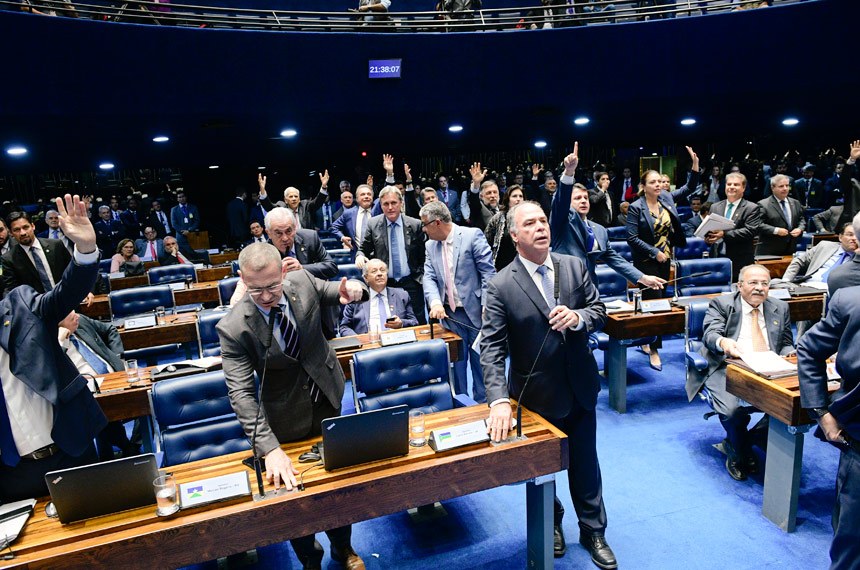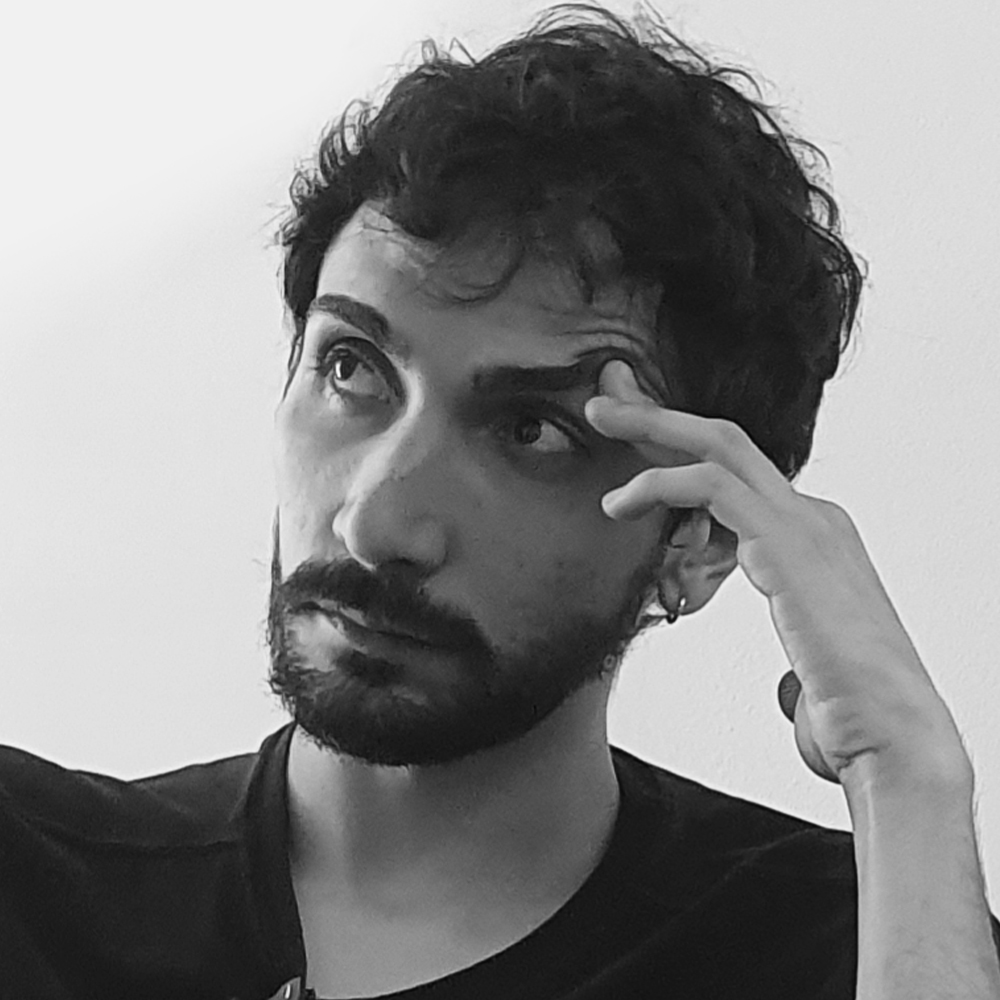Specializing in destruction, the government of Jair Bolsonaro from the beginning has chosen the perfect target: public policies aimed at combating hunger. This is no ordinary enemy. It is a set of initiatives established before the end of the dictatorship (1964-1985) strengthened over several decades, culminating in Brazil’s successful exit from the FAO World Hunger Map in 2014.
Since then, civil society organizations have sought to resist its dismantling. On May 29th, Brazil’s National Congress approved the reopening of the National Council for Food Safety and Nutrition (Conselho Nacional de Segurança Alimentar e Nutricional), or Consea. It was the first government body Bolsonaro shut down on January 1st through the signing of provisional measure 870.
This measure effectively restructured ministries and other government corporations. Among several changes, the operation guidelines pertaining to the Council outlined in Law 11.346 (Lei 11.346), which establishes the National System for Food Safety and Nutrition, or Sisan have been updated. In practice, the council ceased to exist for 5 months.
There is plenty of evidence to support the current government’s unsympathetic attitude toward civil society. Shortly after taking office, in addition to dissolving the council, Bolsonaro created a controversial mechanism to monitor international NGOs operating in Brazil. Soon after, around 100 days into his term, Bolsonaro signed an act extinguishing a large portion of civil society pressure groups under the authority of the Executive Branch.
The argument justifying these initiatives is, therefore, fallacious. Civil organizations and international entities as well as participation councils in society accelerate the drafting and monitoring of public policies, which in turn optimizes their operations. It reduces costs and helps to retain expert consultants who may otherwise charge exorbitant fees for their services.
This was the case with Consea, which brought together some of the top specialists in food and nutritional safety. In 2009, the United Nations acknowledged its initiatives as key to bolstering the fight against hunger and poverty in the country. In 2014, these efforts led to Brazil leaving the FAO World Hunger Map.
One of the main differentials of the council was its mode of operation. It served as a consultant to the President of the Republic, optimizing its promptness and effectiveness. The body exercised social control and allowed for the participation of civil society in the drafting, monitoring and evaluation of policies related to food and nutritional safety.
One of the three main pillars of the Food Safety and Nutrition System, the council’s membership consisted of representatives from civil entities (two thirds) and government officials making up the remaining one third. Furthermore, it was presided by a representative of civil society appointed by other councilors and sanctioned by the President of the Republic.
At this stage, if the council still existed, it would be in the process of organizing the 6th Annual National Conference on Food and Nutritional Safety (6ª Conferência Nacional de Segurança Alimentar), a meeting in which the 3rd version of the National Food and Nutritional Safety Plan would be drafted.
This is the main document that dictates the actions that the Brazilian State should take in order to combat hunger and malnutrition. The latest version of the plan sets the goals for 2015-2019, which will expire by the end of this year, at which time new guidelines will need to be established.
In the Legislative Branch
One of the fronts for reopening Consea took a torturous route through the Legislative Branch. After being approved in the initial analysis phase, a joint committee made up of members of Congress and Senators voted on Provisional Measure in both houses of Congress (Plenário das duas casas do Congresso Nacional).
After intense public pressure from civil society, 66 out of 541 amendments pertaining to Consea were presented to the committee in charge of passing the provisional measure. Accounting for 12% of all proposals, this was the hottest issue amongst parliamentarians during their sessions in National Congress between the months of March and April.

After some mystery surrounding how he would address the issue, Senator Fernando Bezerra Coelho, rapporteur of the Provisional Measure and representative of the government in the senate heeded the suggestion of deputy João Daniel in early May. Amendment number 6 put forth by the senator proposes that the council be reestablished and linked to the Ministry of Citizenry (Ministério da Cidadania).
For those closely following this story, not even a crystal ball can predict its outcome. Now is the time to understand how the council will be reactivated.
Within the federal government, the Ministry of Citizenry acts as a counterbalance. After the restructuring measures adopted by Bolsonaro, the body is now responsible for dealing with public policies related to food and nutritional safety.
However, the head of the sector, Osmar Terra not only exonerated the main public servants responsible for dealing with the issue, but he has so far not presented any plans of interest, causing uncertainty regarding priorities on this matter. Reporters who have contacted government officials about the progress of the talks have received no response.
It doesn’t end there. The person responsible for heading the Secreteriat for Produductive Inclusion and Development (Secretaria de Inclusão Produtiva e Desenvolvimento), the body that oversees food and nutritional safety within the ministry, has little experience in this field. The sector leader, José Roberto Carlos Cavalcante comes from a different field, the Ministry of Turism (Ministério do Turismo), where he served as general coordinator of contracts.
In civil society
Even if by leaps and bounds, the attempts to reopen the Council have empowered civil society groups that deal with issues such as hunger, healthy eating and food and nutritional safety. At least this is the assessment made by nutritionist Elisabetta Recine, a professor at the University of Brasilia and former Consea president.
“Society recognizes the importance of these issues. It is not the absence of a government entity that will minimize it. The extinction of the council has led to intense social mobilization and all initiatives aimed at reopening Consea are, contrary to what was intended, reinforcing and increasing the commitments of civil society towards this agenda”, said Recine.
The significant number of proposals regarding the Council in the Legislative Branch is a good sign, according to her. “The number of amendments put forth proves there is a growing awareness among parliamentarians. Now we need to maintain and expand this commitment”, said the former Consea president, who held the post until the extinction of the collegiate at the start of this year.
For Recine, the position of several lower-house deputies and senators is the opposite to that of the federal government. “From the perspective of the Executive Branch, it is sad that they have turned their backs to the food safety and nutrition agenda”. Nothing was done. Conversely, the Ministry of Citizenry (Ministério da Cidadania), which has inherited the council’s legal responsibilities, has not demonstrated any interest for a cause that is vital to Brazilian society.
The vacuum left by the Council is currently occupied by the Commission of State Conseas Presidents (Comissão de Presidentes de Conseas Estaduais), or CPCE. This coalition has articulated on a national level all 27 state councils for food safety and nutritio aiming to fulfill, even if by crooked means, the role meant for the federal collegiate. This doesn’t resolve the issue, but it helps.
According to the national group coordinator and president of Consea for Rio Grande do Norte State, Jean Pierre Tertuliano Câmara, all of the state councils are preparing for the next food safety and nutrition conference and are demanding more involvement from the Ministry of Citizenry.
“It is important for the Ministry of Citizenry to take a position and officially declare how the Food Safety System will operate at this time. Any government can make administrative reforms, but considering that food safety and nutrition is a human right, we are past the time for this issue to be addressed,” says Tertuliano.
Those alive at the time will see the outcome. Regardless of the paths to be taken, a final alert remains. The reversal of priorities. Representatives from the Executive Branch have distorted the issue by making absurd statements regarding food and nutritional safety. The minister of Agriculture, Livestock and Supplies (Agricultura, Pecuária e Abastecimento), Tereza Cristina, has stated on more than one occasion that the issue is simply a matter of increasing imports and exports.

In the Public Ministry
The Federal-Prosecutor of Citizens Rights (procuradora federal dos Direitos do Cidadão), Deborah Duprat, issued a memo on February 19 to her colleague at the Prosecutor-General of the Republic (Procuradoria-Geral da República). She demanded that the move to terminate the council be declared unconstitutional.
Duprat suggests that articles 23, 24 and 85 of Provisional Measure 870 pertaining to the suspension of the council violates the Federal Constitution and has requested a preliminary decision from the Supreme Court.
To extinguish the council according to the prosecutor is the same as taking rights away, which is prohibited by the Constitution. “The principal of social non-regression aims at safeguarding social rights enshrined in previous laws against regressive legislative measures and subsequent governmental actions”, says Duprat.
Duprat has contacted the Ministry of Citizenry regarding the future of the council. They delayed their response, disregarding the 2-day time limit it was given and, in the end, it stated that this is a problem of the President of the Republic — and nothing else.




